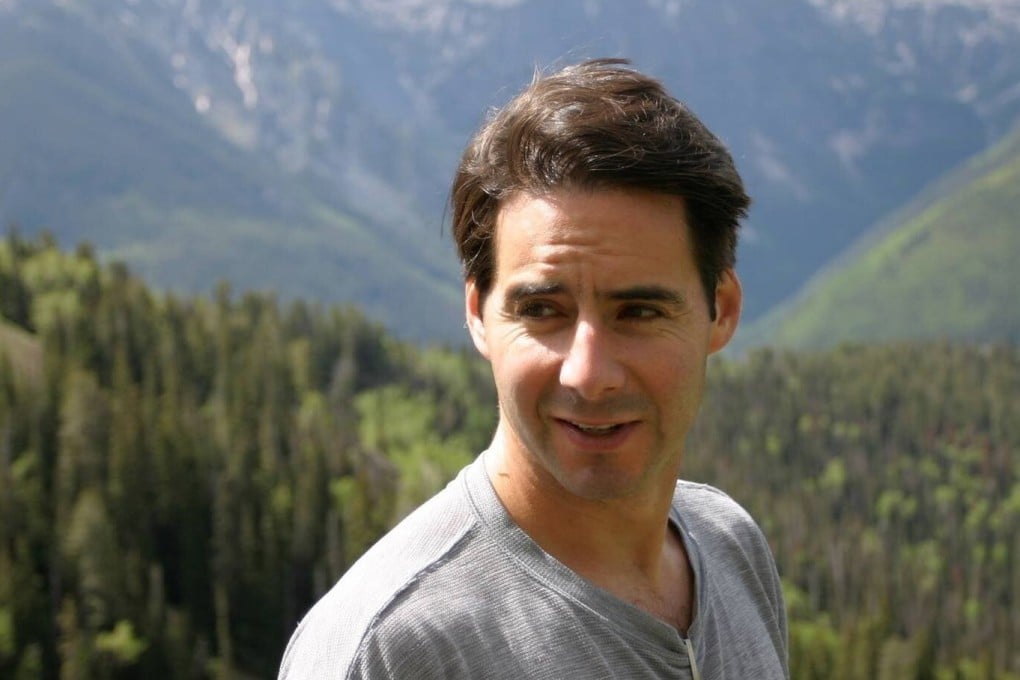China author Peter Hessler loses teaching post at Sichuan University
- No reason has been given for the university’s decision not to renew the writer’s contract, which was confirmed on Monday
- Hessler has written four books on his experiences in the country and is also The New Yorker’s China correspondent

American writer Peter Hessler – best known for his books on China – is returning to the US after Sichuan University declined to renew his teaching contract.
Hessler said on Monday he had hoped to continue teaching at the Sichuan University-Pittsburgh Institute (SUPI), but would return to Colorado at the end of the semester with his wife and twin daughters, as their visas would expire in the summer.
In a statement posted to Chinese social media platform Douban on his behalf over the weekend, Hessler stressed he had “greatly enjoyed being back in the classroom after more than 20 years”.
“I have been impressed with my students at Sichuan University, and I have also been fortunate to work with great instructors and staff at the Sichuan University-Pittsburgh Institute,” he said, in the message posted by his friend, the Chengdu-based translator He Yujia.
“We hope to return to China in the near future. Regardless, we will have very fond memories of Chengdu and of our experiences here.”
An employee at the SUPI in the southwestern city of Chengdu, where Hessler has been teaching journalism and English since late 2019, confirmed the decision but gave no reason for it. The dean of the institute, Minking Chyu, said on Tuesday that Hessler‘s appointment had been under an annual contract that required annual renewal.
“Peter and the institute are unable to reach a mutually agreed new contract going forward,” he said. ”This situation is very common for temporary appointments in the academic community worldwide.”
